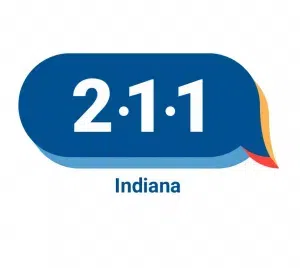The members asked why their church was buying a steeple. Was this the best use of God’s resources? What about feeding the poor? The pastor replied that the funds came from donors and needed to be spent as they wished. “Besides,” he quoted Jesus, “the poor you will always have with you” (Mark 14:7).
The pastor quickly apologized for his flippant, out of context remark, which led me to wonder, What was Jesus’ context? Six days before His death, a woman anointed Jesus’ with expensive perfume. The disciples were disgusted. Why wasn’t this perfume sold to help the poor? Jesus replied by quoting Deuteronomy 15:11, “You will always have the poor among you, but you will not always have me” (John 12:8).
Jesus often cited Deuteronomy, so He knew what was written a few sentences earlier: “There need be no poor people among you, for in the land the Lord your God is giving to you . . . , he will richly bless you, if only you fully obey the Lord your God” (vv. 4–5). Perhaps this was another reason for Jesus’ rebuke. Poor people existed only because Israel hadn’t obeyed God’s instructions. Now the poor were being used to distract from Jesus—the true Israelite who would fully obey to the end.
We need not choose between Jesus and the poor. We love people best by loving Him most and loving Him most inspires us to love others best.








